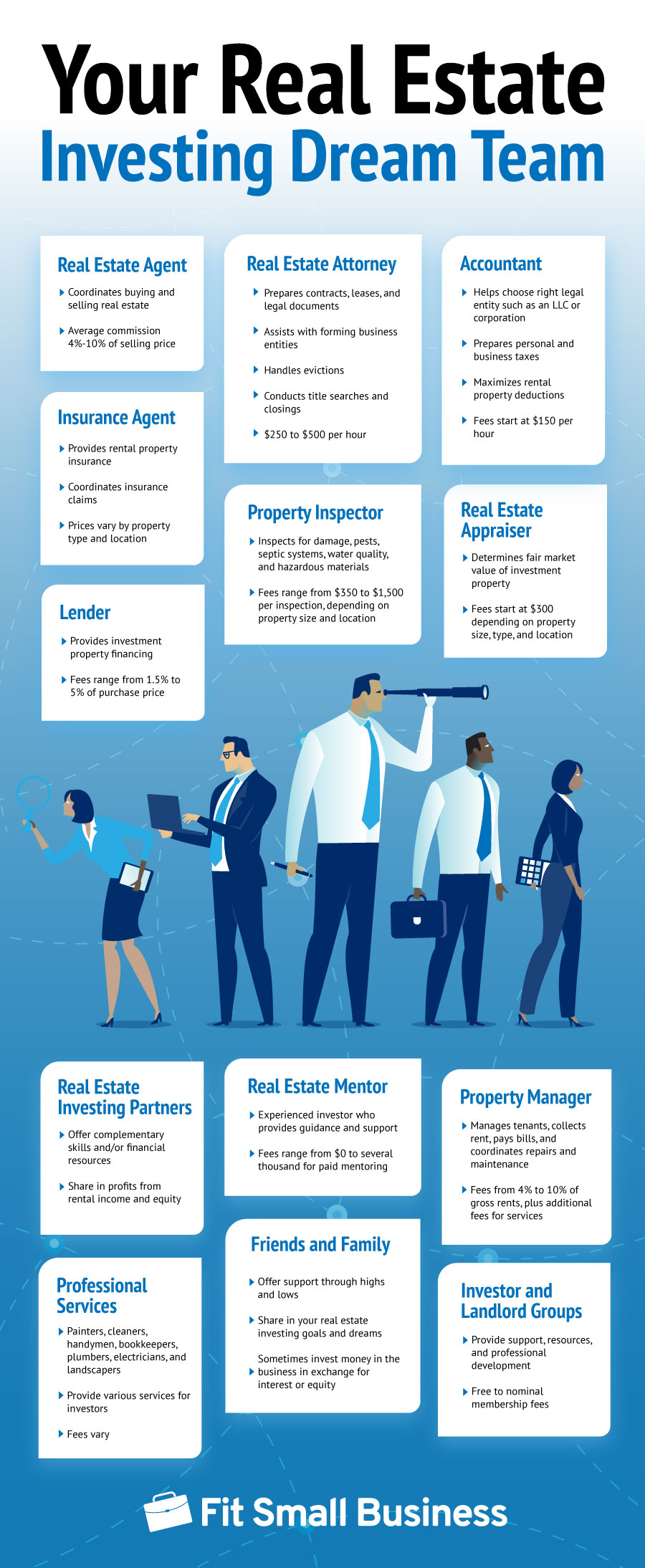
Real Estate Investing Software: A Comprehensive Guide
Modern investors rely heavily on real estate investing software to streamline their operations. They provide solutions for complex tasks like market analysis, deal evaluation, and risk assessment. This article delves into the various types of real estate investing software available. Grasping the capabilities of investing software can lead to more profitable outcomes. Let's dive into the world of real estate investing software and discover how it can transform your investment journey. Gaining insights into these technologies can help you stay ahead in a competitive market. By the end of this article, you'll have a comprehensive understanding of real estate investing software.
These tools offer functionalities that address the unique challenges faced by real estate investors. Advanced software might also offer market trend analysis and predictive analytics. Utilizing these tools can save time and reduce errors in your investment process. Knowing what each platform offers helps you match their capabilities to your needs. Case studies show that technology adoption can lead to improved investment performance. Resources like wholesalinghousesinfo.com offer insights into choosing and using real estate investing software. Expert opinions from industry leaders can help you navigate the software landscape.
For more information on real estate investing software, go to: real estate investment analysis software
Advantages of Real Estate Investing Software
One major benefit of real estate investing software is improved efficiency. Reducing human error leads to more reliable investment analyses. Access to real-time market data provides a competitive edge. Custom reports facilitate better tracking of your investment performance. Effective collaboration improves project management and outcomes. A unified system enhances overall operational efficiency. Modern tools can strengthen your credibility in the industry.
Support services ensure you can resolve issues promptly. Scalability is another advantage, as software can grow with your portfolio. Efficiency leads to better allocation of resources and higher profitability. Data encryption and secure access controls safeguard your information. Mobile access allows you to manage investments on the go. Market insights support proactive rather than reactive investment strategies. Environmental sustainability is promoted by reducing paper use.
Types of Real Estate Investing Software
These tools manage tenant information, leases, and maintenance requests. Accurate deal analysis is essential for assessing investment viability. Market research software offers insights into market trends and demographics. Portfolio management software tracks the performance of your investments. Financial modeling software allows for detailed forecasting and budgeting. Customer relationship management (CRM) software enhances client interactions. These tools expand your access to potential deals.
They coordinate schedules, budgets, and contractor communications. They track legal documents, deadlines, and compliance requirements. Tax planning software helps optimize your tax strategy. They offer courses, webinars, and tutorials on various investment topics. Visual tools aid in presenting information to stakeholders. They facilitate partnerships, mentorships, and deal opportunities. Virtual reality (VR) and augmented reality (AR) software enhance property viewing.
Selecting the Best Software for Your Needs
Identify your specific needs and objectives before exploring options. Choose a platform that can handle increased data and complexity. An intuitive design reduces the learning curve and increases adoption. Training resources help you utilize all features effectively. Check for integration capabilities with your existing tools. Strong security protocols are non-negotiable in today's environment. Budget alignment ensures the software is a financially viable choice.
Insights from peers provide real-world perspectives on software performance. Trial periods allow you to evaluate functionality and usability. Up-to-date software adapts to changing market and regulatory conditions. Customization allows you to tailor the tool to your specific processes. Vendor credibility can impact the software's future development. Evaluate the reporting and analytics capabilities. Ease of implementation accelerates the software's positive impact.
Maximizing the Benefits of Your Software Investment
A roadmap guides the process and sets expectations. Train your team thoroughly to ensure effective use of the software. Set measurable goals to track the software's impact on your operations. Tailoring features enhances usability and relevance. Maintain open communication with the software provider. Regularly back up your data to prevent loss. Continuous learning ensures you're leveraging all capabilities.
Teamwork enhances overall performance. Security is a shared responsibility within the organization. Data insights drive better investment choices. Routine utilization maximizes benefits. An iterative approach leads to sustained success. Timely action maintains momentum. Recognizing achievements motivates continued use.
To learn more about real estate investing, visit: best software for real estate investors
Conclusion
To wrap up, adopting the right software is a strategic move for any serious investor. The right software serves as a catalyst for growth and efficiency. Effective integration into your operations is key to realizing full potential. The long-term gains outweigh the initial costs and learning curve. We encourage you to explore the options available and take the next step in modernizing your approach. Staying ahead requires adaptability and openness to innovation. Your proactive steps today lay the groundwork for tomorrow's success.
